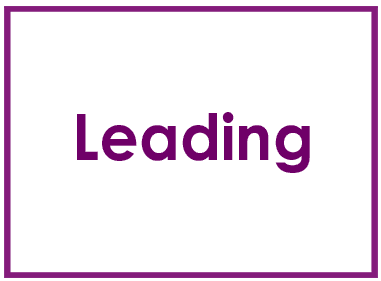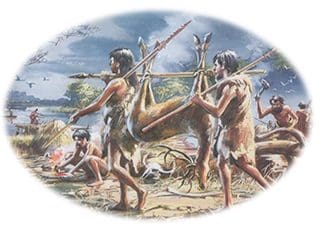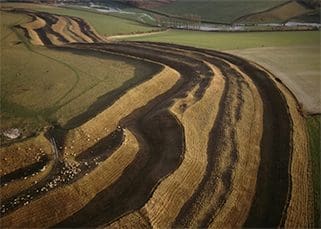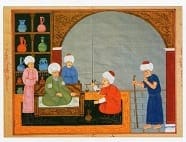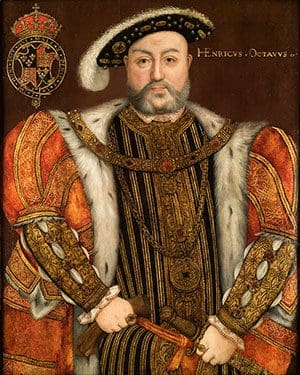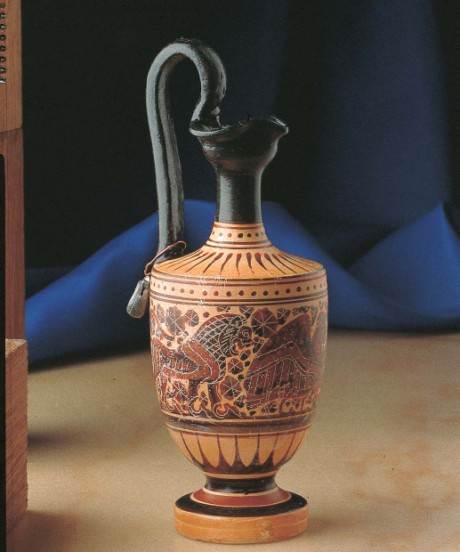
Being a history subject leader can often be daunting, especially if you have received very little training and have no avowed expertise in this area. It can also be overwhelming and difficult to know where exactly to expend the limited time and energy you have to devote to the role. Nothing would be simpler than for me to list 50 jobs that need doing, but what matters is that the essential issues are addressed, as a priority. So as not to bombard you with too much to do in one term, I have reduced the suggestions to just 5, some if not most of which you are already doing, of course. Use this as a reassuring checklist not a terrifying, keep-me -awake -at-night to-do list! Good luck.
1. Check the curriculum coverage for history at all key stages
Against NC requirements, making sure you have a clear rationale for the sequencing of the topics esp. at KS2,and also Foundation stage (using new 2021 ELGs See Preparing for the new EYFS framework from September 2021
- Taking opportunities to go beyond the NC to enrich the curriculum
- Making the most of the harder to resource local history and the post-1066 thematic unit to ensure that pupils’ experience the long arc of history (say 1,000+ years) within a given topic Crime and punishment
- Ensuring diversity within each topic: social status , gender ,ethnicity
2. Making sure all year teams have detailed medium term plans
Which this year focus additionally on:
- ensuring progression within the main concepts like change, cause and interpretation using our ladders of progression charts
- making sure pupils have a firm grasp of the key vocabulary and first order concepts ( e.g. invasion, legacy, rule, civilization) within each topic as laid down in the new topic knowledge organisers.
- Top 10 dos and don’ts of using knowledge organisers in primary history
3. Ensuring that all teachers, at both key stages make a conspicuous attempt to help pupils create a mental map of the past by:
- developing a sense of time through Timebox (and other timeline related activities. Teaching chronology at KS1
- developing pupils’ ability to talk about units of time showing clear progression by the end of KS2 so pupils can talk about lengths of time and intervals between events.
4. Making sure that all enquiry questions on the planning are properly resourced
Making sure that all enquiry questions on the planning are properly resourced so that the teachers can focus on getting the pedagogy right, by:
- creating a folder for each of the 6 enquiry questions in each topic in which are placed print outs of lessons on the KSH website and other relevant resources with an evaluation sheet for teachers to let you know how effectively each topic is resourced.
- Put a label on the cover of each with the key enquiry question to make sure ONLY material relevant to that question gets put in there thereby stopping it just becoming a dumping ground for ‘stuff on the Great Fire/Vikings’
5. Provide carefully focused assessment tasks
To each year team so that they know both the key concepts they should be addressing AND what expectations they should have for the quality of work produced. Common assessment tasks in history at KS2


